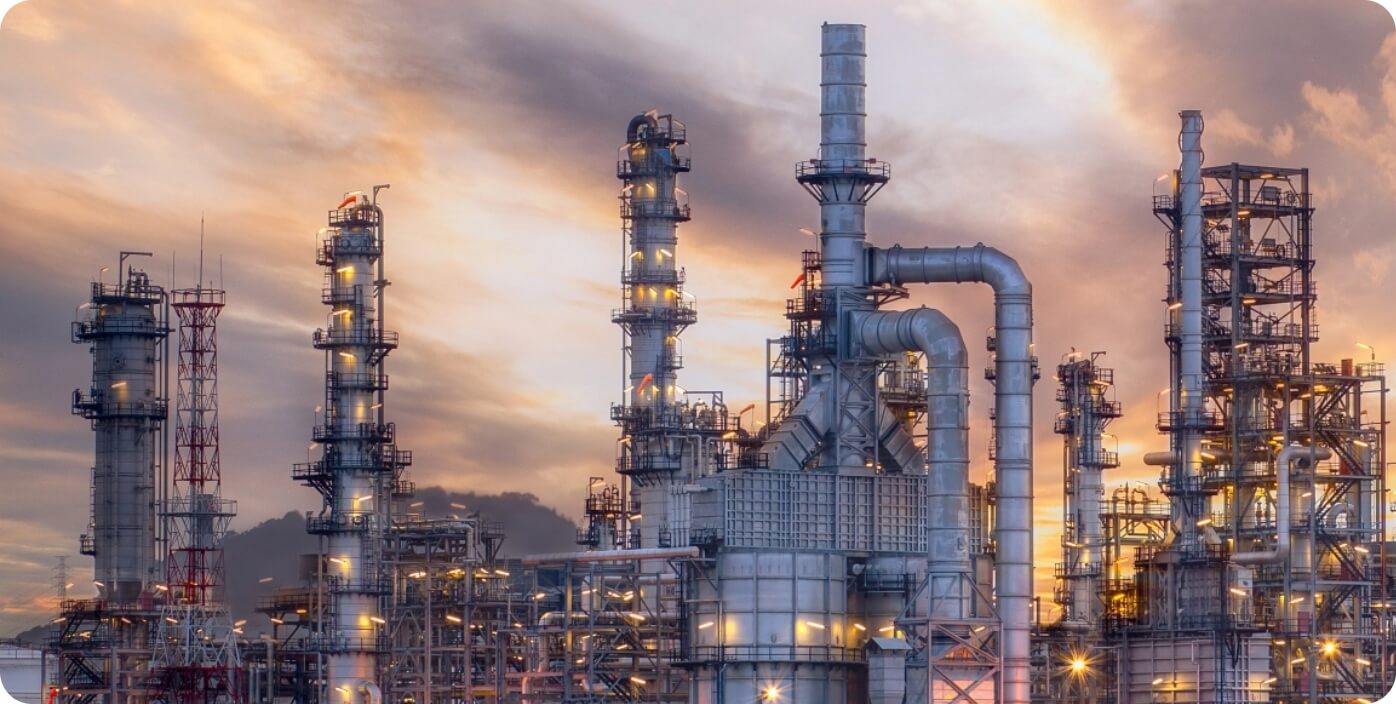Uniform strategic transformation
Balancing the complexities of integrating advanced technologies, adhering to intricate regulatory compliance and navigating intense competition forces companies to make pivotal decisions.

Technology integration hurdles
The US transportation and logistics sector grapples with incorporating advanced technologies, such as robotics and automation (RPA), potentially impeding their ability to stay at the forefront of industry innovation.

Regulatory compliance complexity
Regulatory compliance emerges as a substantial burden for businesses within the transportation and logistics sphere, introducing layers of complexity and elevated operational costs.

Competitive navigation and strategic focus
Companies operating in this industry confront a critical conundrum: determining where to allocate their resources amidst a myriad of diverse business models, industry players and evolving technologies. The imperative to make strategic decisions based on commercial viability and competitive dynamics is paramount.

Energy retailer saves $5.1 million through credit management and knowledge system optimization
The client One of Australia's largest retailers in the energy and gas industry.
Continue reading
Types of AI agents: benefits and examples
From simple chatbots to sophisticated self-driving cars, AI agents are evident across various aspects of our lives, making processes more...
Continue reading
Five member engagement strategies for any business
Transform your members into passionate advocates. Discover actionable ...
